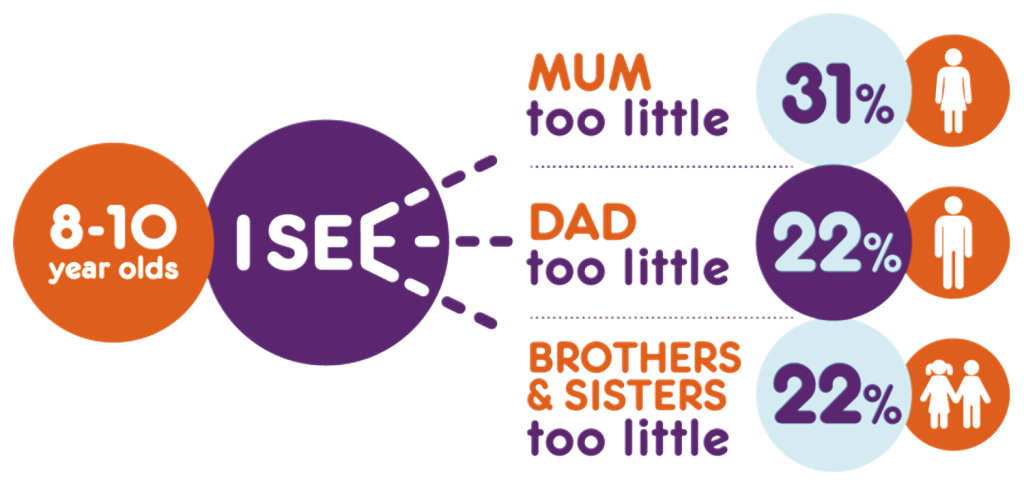For nearly a decade, Coram Voice has been working to bring children’s voices to the heart of social work practice through the Bright Spots programme, in collaboration with the Rees Centre at the University of Oxford.
The Bright Spots programme has supported more than 60 local authorities across the country to listen to their children in care and care leavers about what matters to them most, so that their views can influence service development and lead to innovative practices that improve children’s wellbeing.
One key theme to emerge centres on children’s feelings about spending time with their birth families.
Our recent report, ‘Staying connected’, analysed the views of more than 7,500 children and young people on their contact arrangements, and found that a significant proportion were unhappy with their plans.
Up to a third of children and young people in care felt they saw their mothers, fathers and siblings too little.

One child said: “I wish I had more contact, and I would like it to be longer.”
However, not all children wanted more contact with their birth families. Out of every 100 children in care, between two and three wanted contact to stop or be cut down.
As one young person said: “I’m scared of my dad, but I still have to have contact with him. I don’t want to.”
Children and young people also highlighted a number of other factors linked to contact arrangements that were important to them.
One young person said: “I am told the ‘contact team’ doesn’t work at weekends. If that is their job, then they should work when I can have contact… not just business hours.
“It’s stupid, stupid, stupid. My mum works and so after school contact is difficult, and only an hour!”
As well as parents and siblings, most children in care also wanted to see extended family members, pets or other adults who were important to them.
One young person summed this up: “Why is stepfather not on this [survey]? I don’t see my father, but see my stepfather.
“Families are made up of lots of people who may not be blood relatives, but you see them as your family. They should be included.”
Children and young people who were happy with arrangements felt involved and listened to. It is concerning, therefore, that half of the young people we surveyed said they did not feel involved in the decisions social workers made about their lives and many commented that their wishes on contact arrangements were not listened to.
“Half of the young people said they did not feel involved in the decisions made about their lives”
The recent independent review of children’s social care (see first 673) underlined the importance of lifelong loving relationships for children in care and care leavers. But this can only be achieved if more is done to build, rather than break, these relationships.
Local authorities must listen to children and young people, and identify who they want to see, when and how, and seek to make this happen.
Our research shows the potential to improve young people’s wellbeing by supporting and facilitating key relationships according to their wishes, but there is still more work to be done.
Alongside the research report we have produced a range of resources to help local authorities achieve this.